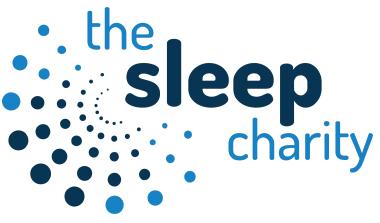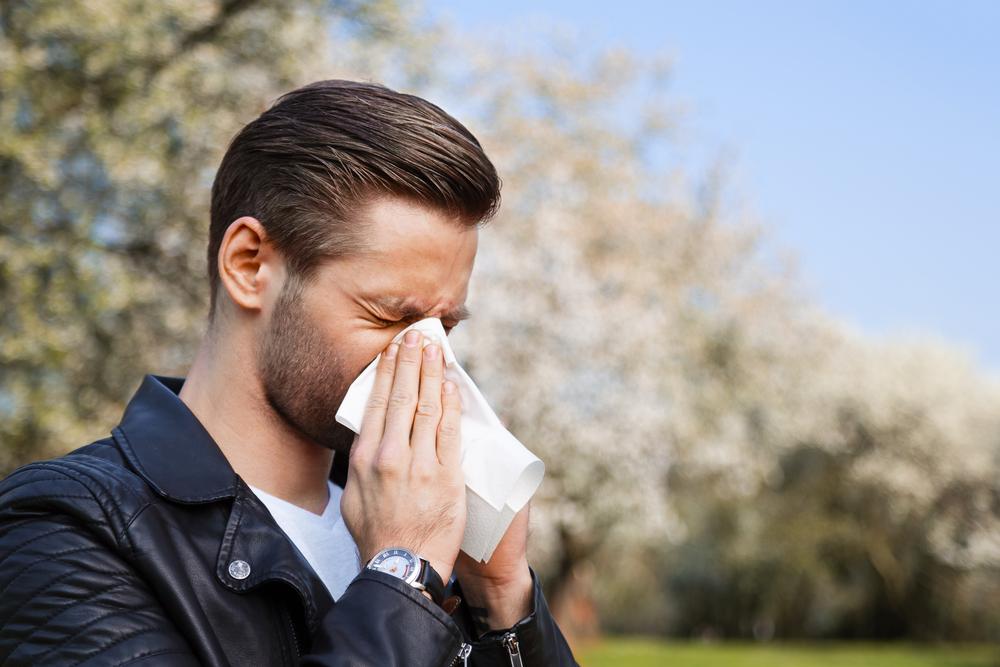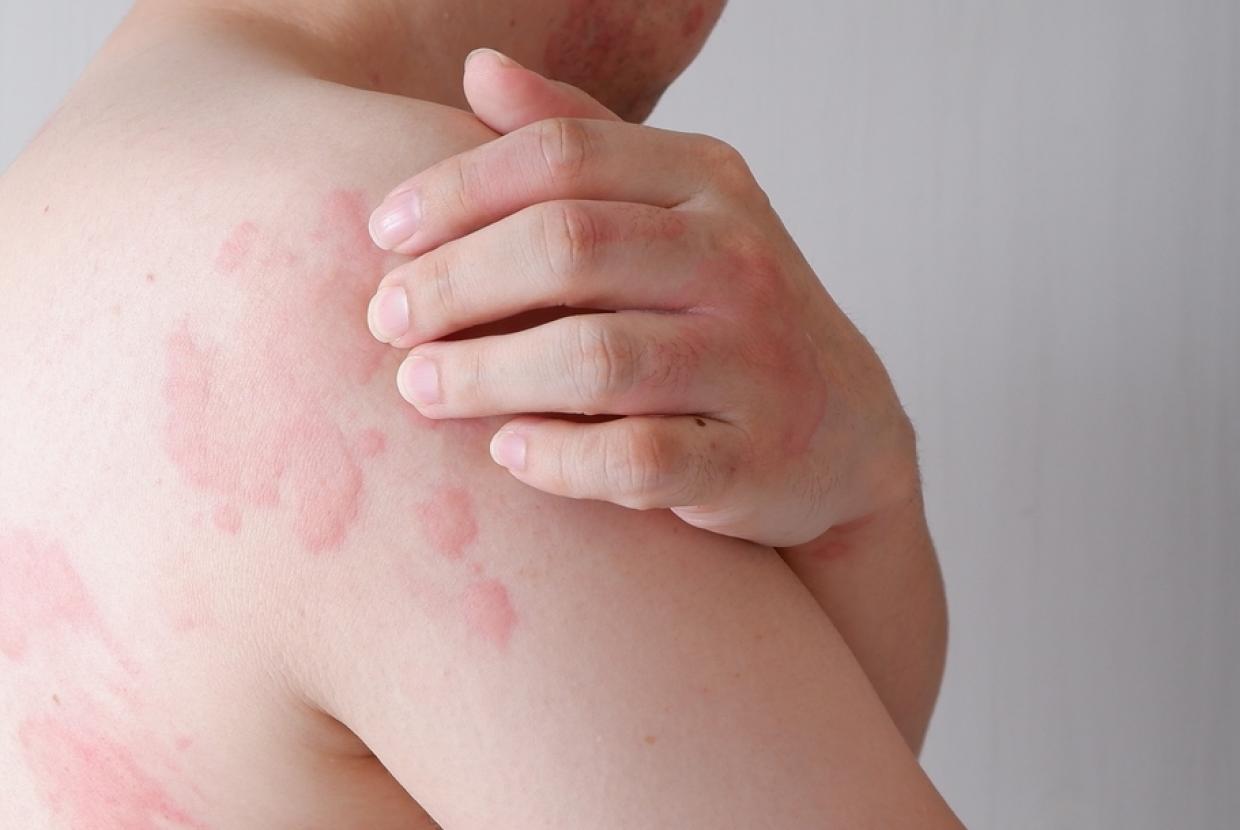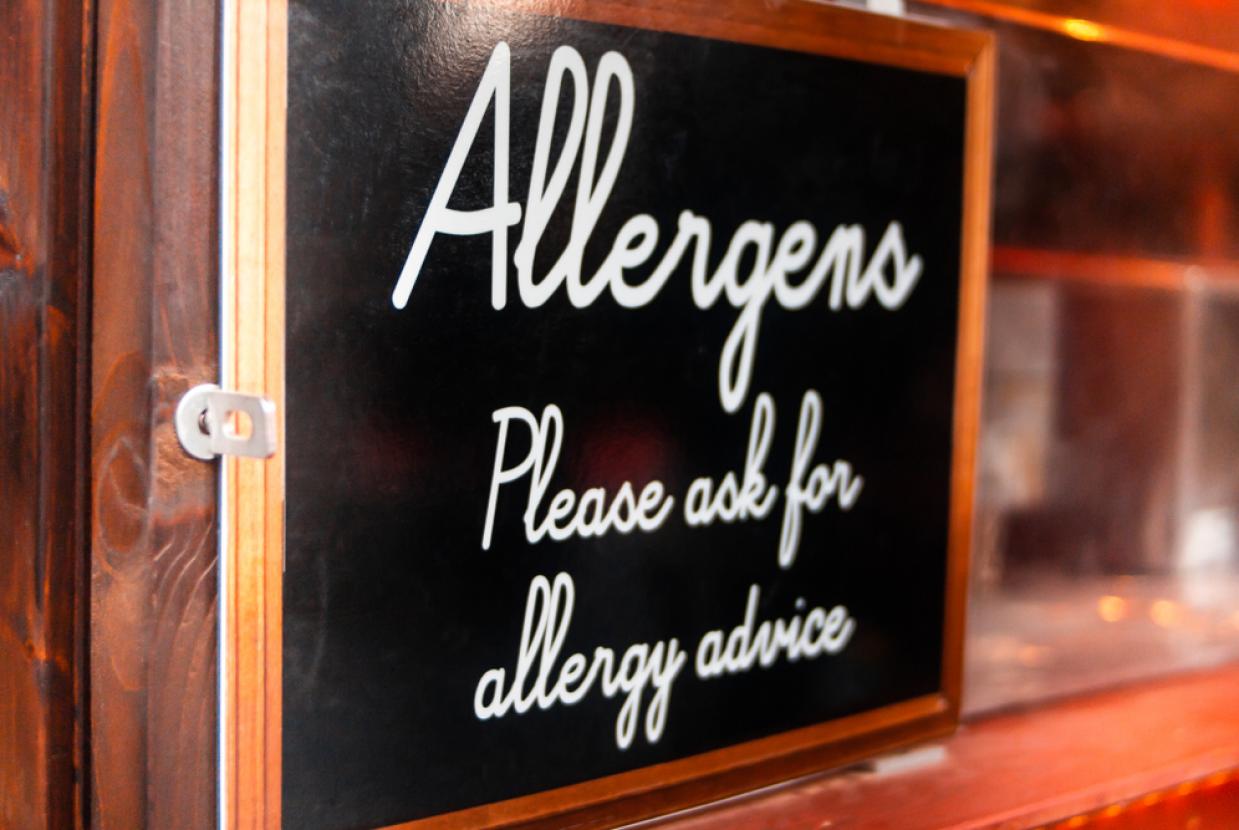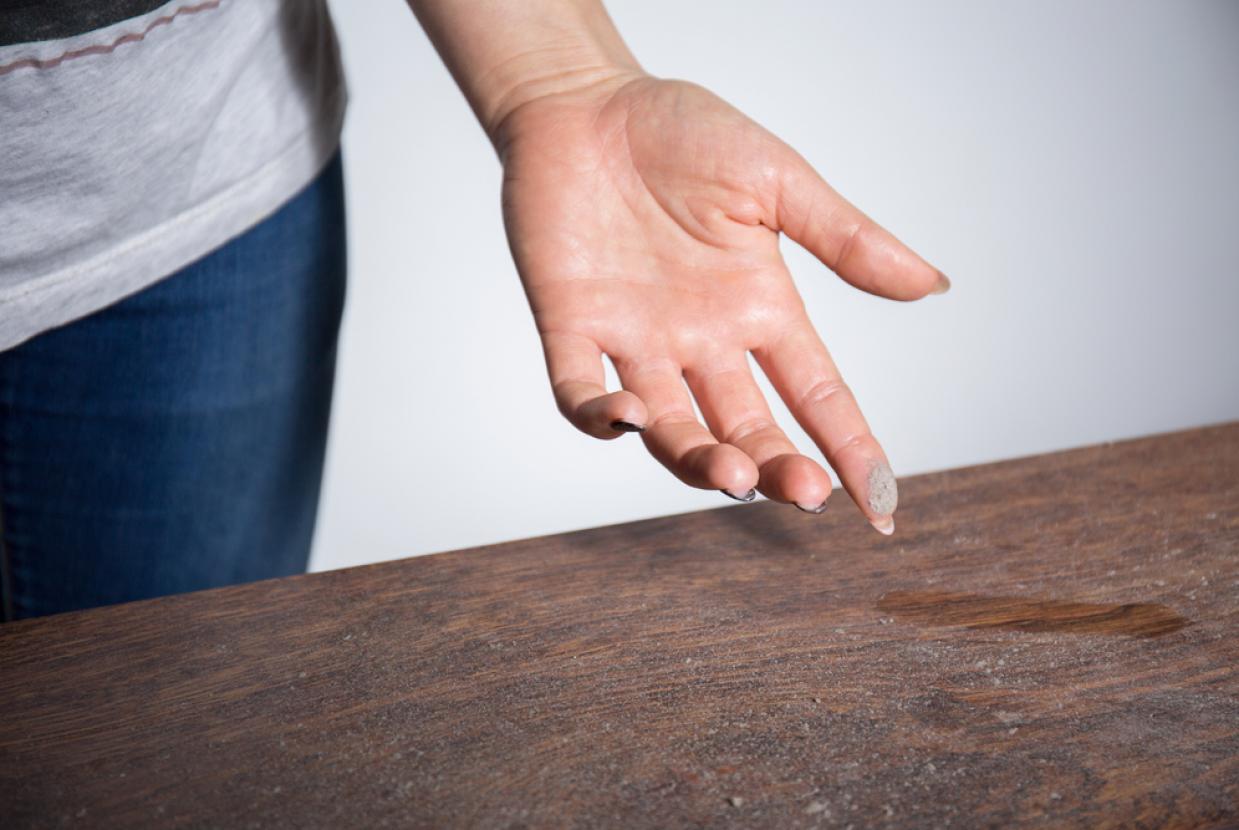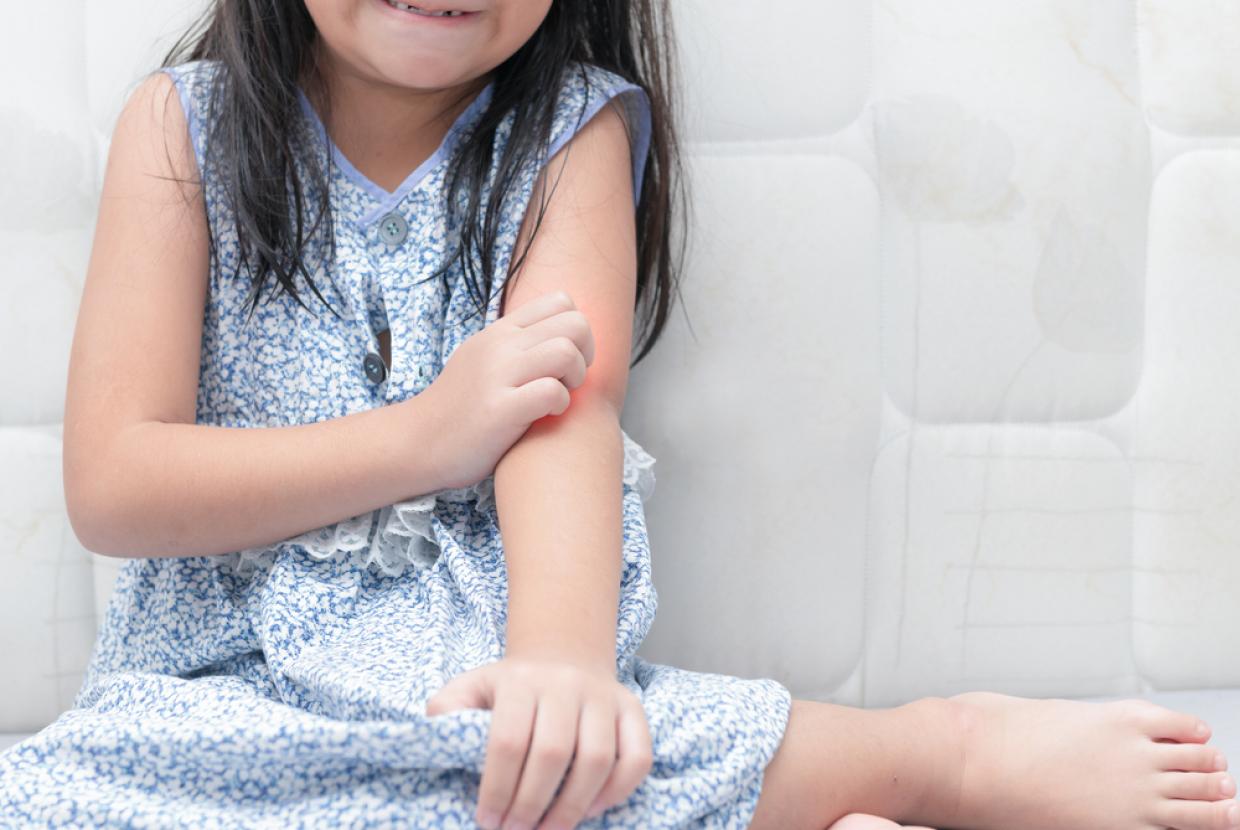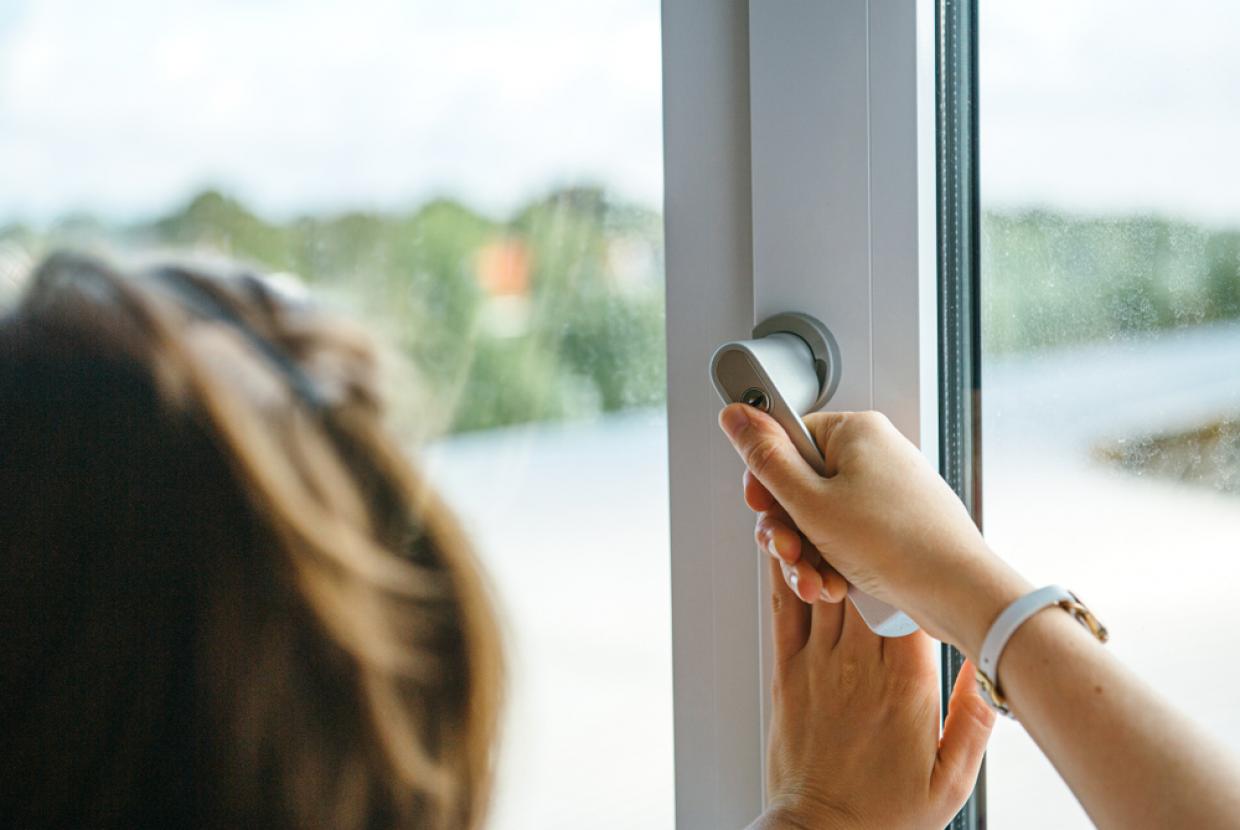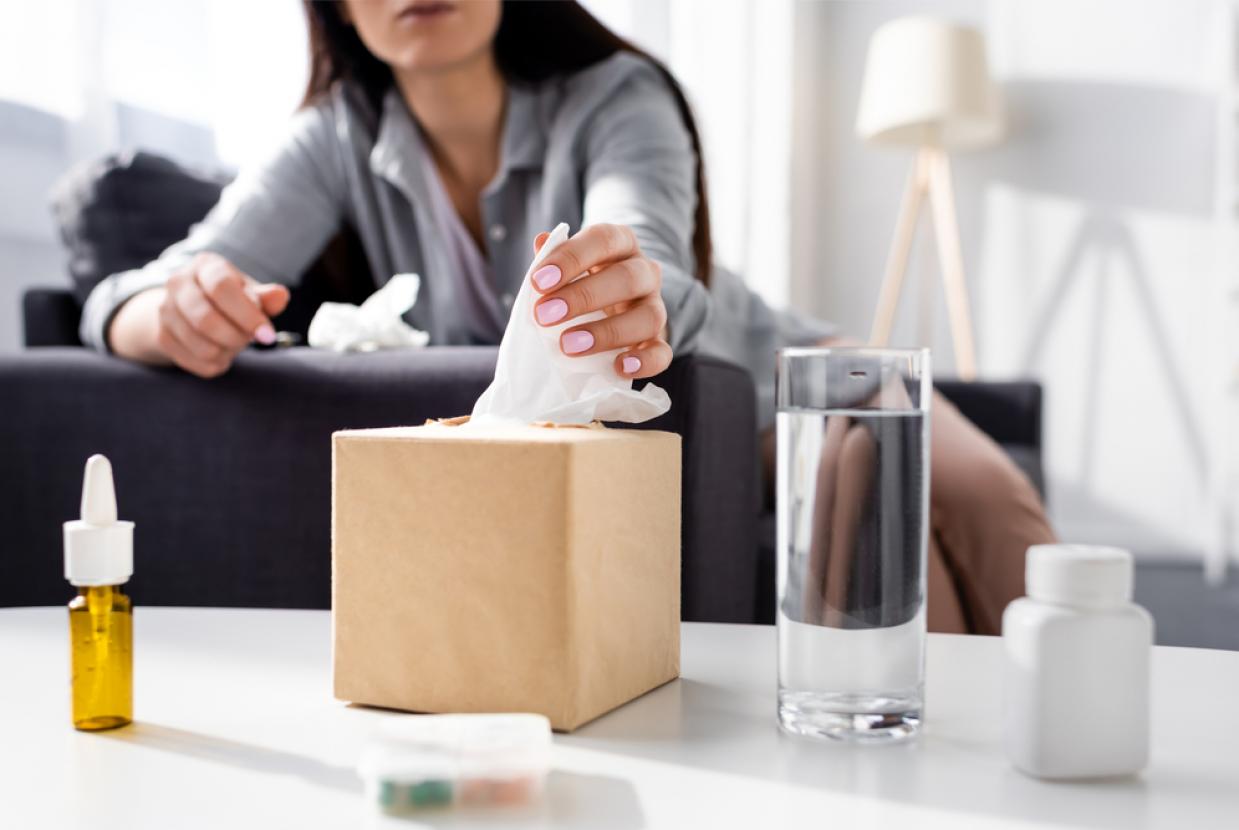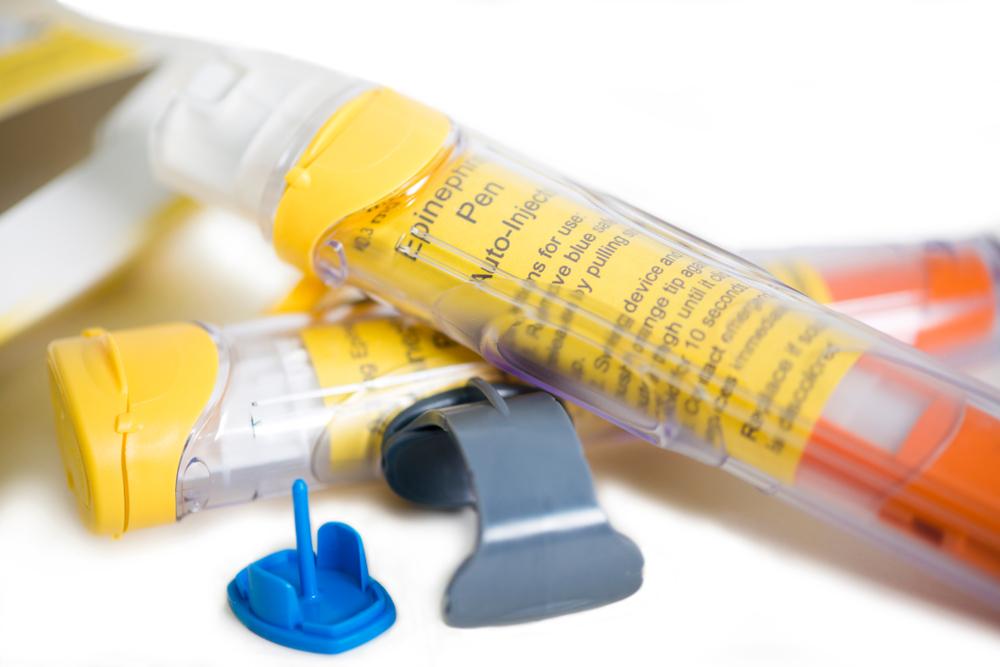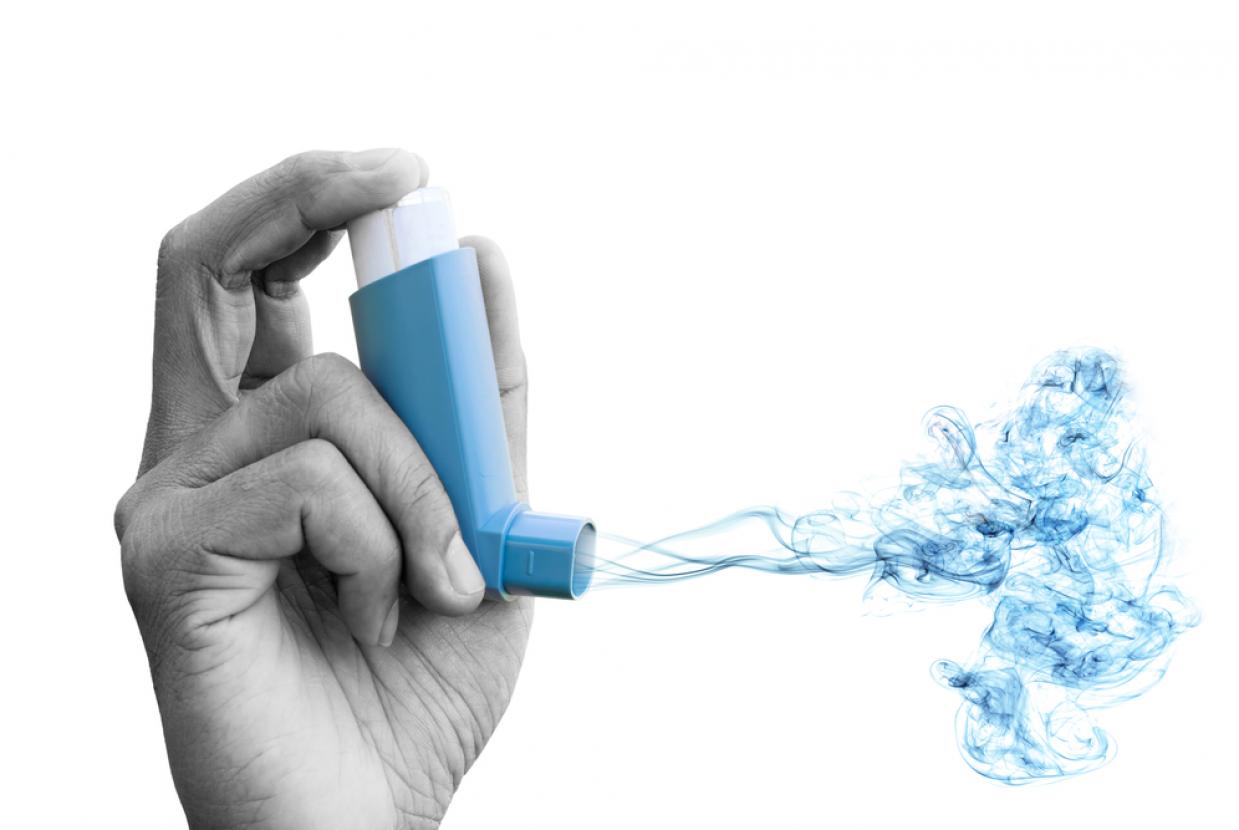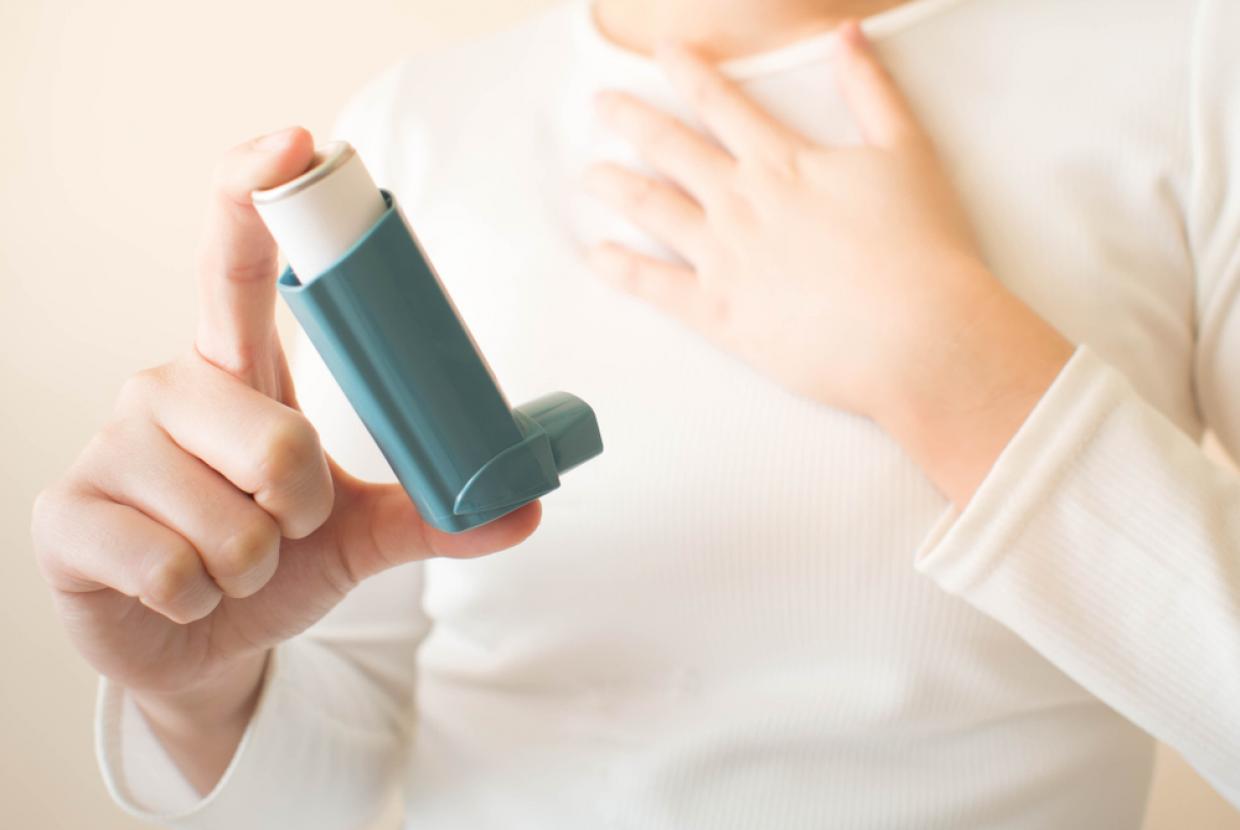Sleep & Allergies: Top Tips
Allergies and Asthma / Sleeping BetterAlthough the weather may deceive us, we are most of the way through Spring and while the birds are chirping and the flowers are blooming, for many of us, the sneezing and sniffling are in full swing. Allergies and hay fever can turn a peaceful night’s sleep into a restless ordeal, leaving both adults and children feeling groggy and irritable. But fear not! We’re here to share some tips and tricks to help you (and your little ones) conquer those pesky allergens and reclaim your restful nights.
The Problem:
First, let’s talk about why allergies and hay fever can wreak havoc on our sleep. When allergens like pollen, dust mites, or pet dander invade our system, our bodies go into overdrive to fight them off. This immune response often leads to symptoms like nasal congestion, sneezing, itchy eyes, and even coughing. It’s no wonder that trying to sleep with these symptoms can feel like an impossible task!
For the Grown-Ups
Juggling work, family and a social life is hard at the best of times so the last thing you need is a bad night’s sleep. Here are some strategies to help you out:
- Keep it Clean: Regularly wash your bedding in hot water to kill dust mites and remove pollen. Consider using allergen-proof covers for pillows and mattresses.
- Shower Before Bed: Pollen can cling to your hair and skin, so a quick shower before bed can help wash away those allergens.
- Use an Air Purifier: Investing in a good quality air purifier can significantly reduce the number of allergens in your bedroom.
- Nasal Rinse: A saline nasal rinse can help clear out pollen and other irritants from your nasal passages.
- Medication: Over-the-counter antihistamines or nasal sprays can provide relief. Just be sure to choose non-drowsy options if you’re taking them during the day.
For the Kiddos
Kids need their sleep and when they have restless nights, it cause chaos for the whole family! Here are some child-friendly tips:
- Bedtime Routine: Stick to a calming bedtime routine to help them wind down. This might include a warm bath, a bedtime story, and some quiet time.
- Wash Up: Just like adults, kids can benefit from a pre-bedtime shower or bath to rinse off any allergens.
- Keep It Cool: A cool, well-ventilated room can help ease breathing. Make sure their bedroom isn’t too warm, as this can exacerbate symptoms.
- Allergy-Proof Their Space: Keep soft toys to a minimum and wash them regularly. Consider replacing heavy curtains with washable blinds.
- Hydrate: Encourage your kids to drink plenty of water throughout the day. Staying hydrated can help thin mucus and ease congestion.
General Tips
- Keep the temperature in your bedroom between 16c and 18c
- Remove flowers from bedrooms (opt for artificial plants instead)
- Wash duvet covers and pillowcases regularly at a high temperature (this kills mites and removes mite faeces)
- If hot washing is not possible, 24 hours in the freezer will kill any mites in a pillow prior to a cold wash
- Leave your duvet turned back during the day
- Avoid drying clothes on radiators in the bedroom
- If you can, take your mattress outside for a good airing and then replace it upside-down and opposite-ways-round to its previous positioning
- Clean the base with a soft brush to remove fluff and dust – if you have to use a vacuum cleaner do so very carefully and with the window wide open
- While the bed is moved out from any walls, vacuum thoroughly under and around the bed – it can yield huge amounts of dust and fluff
- Severe reaction to pollen? Consider a mechanical ventilator – fans which bring in fresh air through pollen filters
It can be incredibly frustrating when you can’t get to sleep because of an allergy, and lack of sleep leads to lots of other problems such as reduced concentration, bad moods to feeling lethargic. And, it can lead to more serious problems if not solved.
Practicing good sleep hygiene and creating a sleep-friendly environment will enhance your chances of falling asleep, staying asleep and sleeping well.


